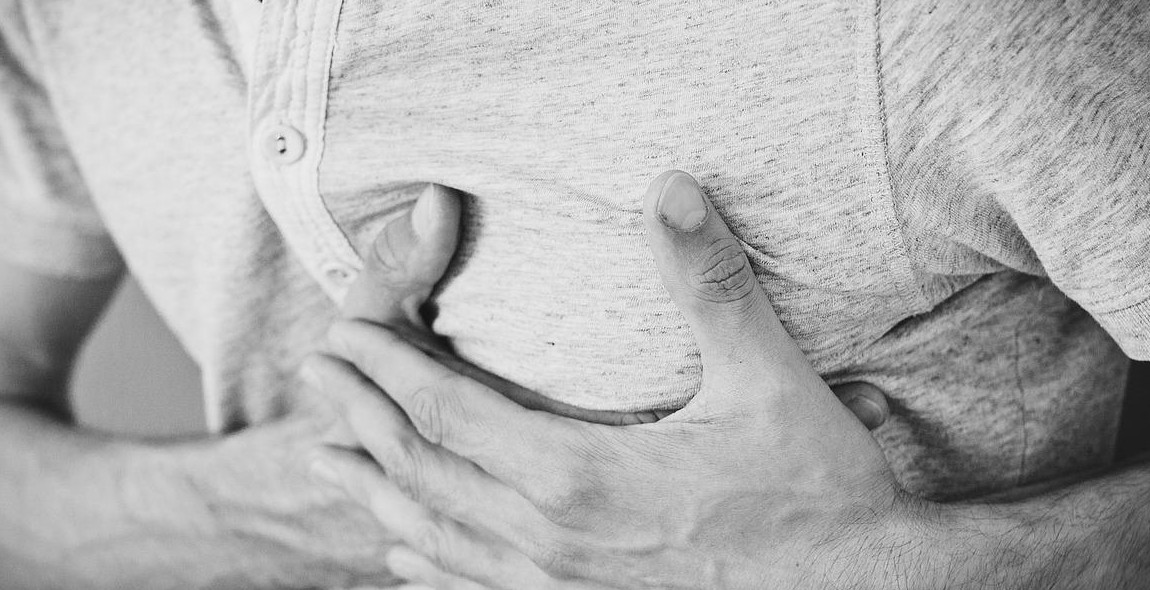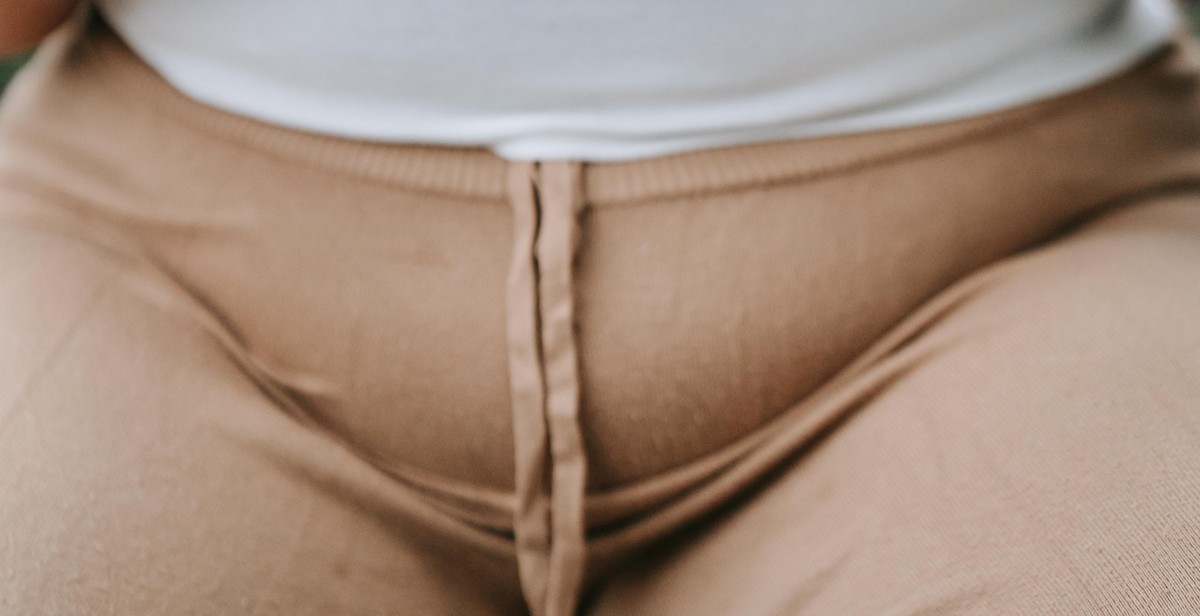How to Cope with Unrequited Love: A Self-Love Guide
Unrequited love is a common experience that can be painful and challenging to deal with. It is a situation where one person has strong romantic feelings for someone who does not reciprocate those feelings. It can leave the individual feeling rejected, alone, and hopeless.
Unrequited love can occur in any type of relationship, whether it is a crush on a friend, a colleague, or a romantic partner who is no longer interested. It can be a result of miscommunication, different expectations, or simply not being the right match for each other.
Coping with unrequited love can be a difficult journey, but it is possible to overcome it and find self-love in the process. This self-love guide will provide you with practical tips and tools to help you understand your emotions, heal from the pain of rejection, and move forward with confidence and self-love.
What to Expect from this Self-Love Guide
This self-love guide is designed to help you navigate the complex emotions that come with unrequited love. It will provide you with a step-by-step process to help you understand your feelings and take positive action towards self-love.
- You will learn how to identify the signs of unrequited love and understand why it happens
- You will discover practical tips to help you cope with rejection and move forward with self-love
- You will explore the importance of self-care and self-compassion in the healing process
- You will be provided with powerful affirmations and exercises to help you cultivate self-love and confidence
Signs of Unrequited Love
Physical Symptoms of Unrequited Love
Unrequited love can cause physical symptoms that can be difficult to cope with. Here are some common physical symptoms:
- Heartache and chest pain
- Insomnia or difficulty sleeping
- Loss of appetite or overeating
- Decreased energy levels
- Frequent headaches or migraines
- Increased stress levels
- Difficulty concentrating
If you are experiencing any of these symptoms, it is important to take care of yourself and seek support from loved ones or a professional.
Behavioral Signs of Unrequited Love
Unrequited love can also manifest in your behavior. Here are some common behavioral signs:
- Constantly thinking about the person
- Stalking their social media profiles or physical whereabouts
- Trying to spend time with them as much as possible
- Going out of your way to impress them or do things for them
- Feeling jealous or resentful towards anyone they show interest in
- Being unable to move on or let go of the feelings
It is important to recognize these signs and take steps to address them. Obsessing over someone who does not reciprocate your feelings can be detrimental to your mental and emotional health.
| Tip: | If you find yourself exhibiting any of these signs, try to take a step back and focus on self-care. Engage in activities that make you happy and fulfilled, and seek support from friends and family. |

Why Unrequited Love Hurts
Unrequited love is a common phenomenon that can happen to anyone at any time. It is a situation where one person has strong feelings for another, but those feelings are not reciprocated. This can be a painful experience that can have a significant impact on a person’s well-being. Here are the reasons why unrequited love hurts:
The Science behind Unrequited Love
When we fall in love, our brain releases chemicals such as dopamine, oxytocin, and serotonin, which create feelings of pleasure and happiness. These chemicals also play a significant role in our attachment to the person we love. However, when love is unrequited, the brain’s reward system is not activated, and the chemicals are not released, leading to feelings of rejection and disappointment.
According to a study published in the Journal of Social and Personal Relationships, individuals who experience unrequited love have higher levels of cortisol, a stress hormone, which can lead to physical and emotional distress.
The Psychological Impact of Unrequited Love
Unrequited love can have a significant impact on a person’s mental health. It can lead to feelings of sadness, anxiety, and depression. Individuals who experience unrequited love may also feel a sense of worthlessness, which can affect their self-esteem and confidence.
Moreover, unrequited love can also lead to obsessive thoughts and behaviors. A study published in the Journal of Social and Clinical Psychology found that individuals who experience unrequited love are more likely to engage in behaviors such as stalking, intrusive thinking, and excessive reassurance seeking.
Ultimately, unrequited love can be a difficult and painful experience that can have a lasting impact on a person’s well-being. However, there are ways to cope with unrequited love and move forward in a healthy and positive way.
How to Cope with Unrequited Love: A Self-Love Guide
Dealing with unrequited love can be tough, especially when you have strong feelings for someone who does not feel the same way. It can be a painful and emotionally exhausting experience, but it is important to remember that you are not alone. Here are some tips on how to cope with unrequited love:
Practice Self-Love and Self-Care
When you are dealing with unrequited love, it is essential to prioritize your mental and emotional well-being. Take care of yourself by doing things you love, such as reading or watching a movie, going for a walk or a run, or listening to music. Engage in activities that make you feel good and boost your confidence. Practice self-love and self-care, and remember that you are worthy of love and affection.
Accept and Acknowledge Your Feelings
It is normal to feel sad, frustrated, or angry when your feelings are not reciprocated. Accept your emotions and allow yourself to feel them. Do not try to suppress or ignore them, as it may only make things worse. Acknowledge your feelings and try to understand why you are feeling that way. Talking to a trusted friend or a therapist can also be helpful in processing your emotions.
Create Boundaries and Distance Yourself
Creating boundaries and distancing yourself from the person you have feelings for can be difficult, but it is necessary for your own well-being. Limit your interactions with them and avoid situations that may trigger your emotions. It may also be helpful to unfollow them on social media or even take a break from it altogether to avoid seeing their posts or updates.
Focus on Other Aspects of Your Life
While it is natural to focus on the person you have feelings for, it is important to remember that there are other aspects of your life that also deserve attention. Focus on your hobbies, career, or other relationships that bring you joy and fulfillment. This can help shift your focus away from your unrequited love and provide a sense of purpose and happiness in your life.
- Practice self-love and self-care
- Accept and acknowledge your feelings
- Create boundaries and distance yourself
- Focus on other aspects of your life

When to Seek Professional Help
While unrequited love can be difficult to deal with, it is important to recognize when it has become too much to handle on your own. Seeking professional help may be necessary if:
When Unrequited Love Becomes Obsessive
Obsessive thoughts and behaviors can take a toll on your mental health and well-being. If you find yourself constantly thinking about the person who does not reciprocate your feelings, and it is interfering with your ability to function normally, it may be time to seek help.
A mental health professional can help you identify and manage obsessive thoughts and behaviors. They can also provide coping strategies to help you move on and focus on self-love.
When Unrequited Love Interferes with Daily Life
Unrequited love can sometimes interfere with daily life, making it difficult to focus on work, school, or other responsibilities. If you find that your unrequited feelings are impacting your ability to function normally, it may be time to seek professional help.
A therapist can help you develop coping strategies to manage your emotions and prioritize self-care. They can also provide a safe space for you to express your feelings and work through any underlying issues that may be contributing to your unrequited love.
Remember, seeking professional help is a sign of strength, not weakness. It takes courage to recognize when you need help and take steps to prioritize your mental health and well-being.

Conclusion
Unrequited love can be a painful and challenging experience, but it doesn’t have to be the end of the world. By practicing self-love and self-care, you can learn to cope with your emotions and move on from your unrequited love. Remember that your worth is not determined by someone else’s feelings towards you, and that there are plenty of other people out there who will appreciate and reciprocate your love.
Start by taking care of yourself physically, mentally, and emotionally. This includes getting enough sleep, eating well, and engaging in activities that bring you joy and fulfillment. Surround yourself with supportive friends and family who can offer you comfort and encouragement during this difficult time.
It’s also important to acknowledge and process your emotions. Allow yourself to feel your feelings, but don’t let them consume you. Journaling, talking to a therapist, or joining a support group can be helpful in processing your emotions and gaining perspective.
Finally, remember that unrequited love is not a reflection of your worth or value as a person. You deserve love and happiness, and with time and self-love, you will find it.
Thank you for reading our self-love guide on how to cope with unrequited love. We hope that these tips and strategies have been helpful in guiding you towards healing and self-discovery.
